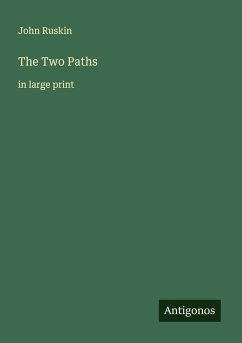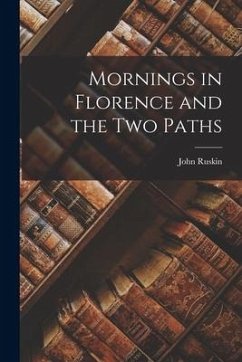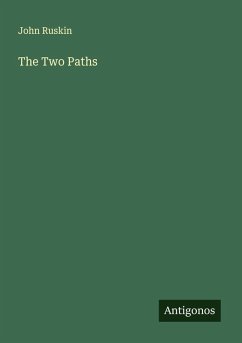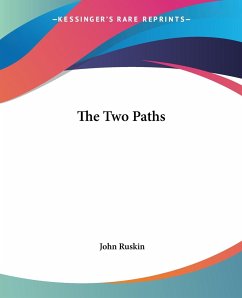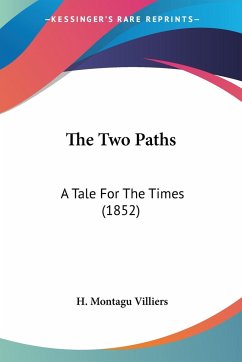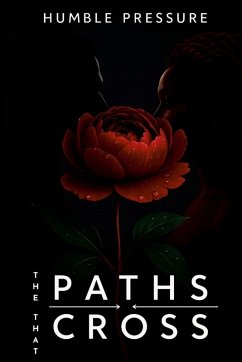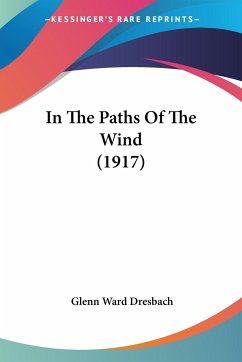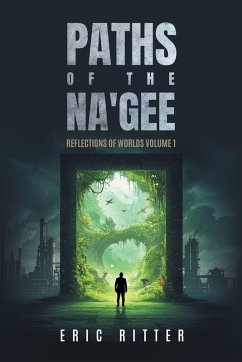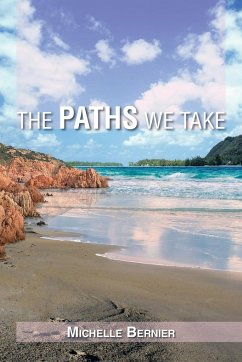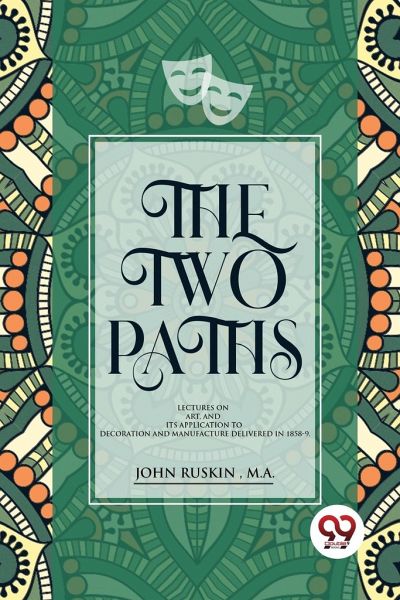
The Two Paths

PAYBACK Punkte
9 °P sammeln!
Ruskin ties his aesthetic theories to real-world issues in The Two Paths. The main tenet of Ruskin's theories of art was that while corrupt and despondent people, who work in unjust societies and rely on the tools of the industrial age, produce inferior art, contented people, who work in just societies and strive to capture the essence of nature, produce fine and noble art. Theoretical methods used by critics like Walter Benjamin, Theodor Adorno, and Max Horkheimer are anticipated and complemented by Ruskin's articles.This Prospects in Visual Rhetoric Critical Edition, the only version of The ...
Ruskin ties his aesthetic theories to real-world issues in The Two Paths. The main tenet of Ruskin's theories of art was that while corrupt and despondent people, who work in unjust societies and rely on the tools of the industrial age, produce inferior art, contented people, who work in just societies and strive to capture the essence of nature, produce fine and noble art. Theoretical methods used by critics like Walter Benjamin, Theodor Adorno, and Max Horkheimer are anticipated and complemented by Ruskin's articles.This Prospects in Visual Rhetoric Critical Edition, the only version of The Two Paths currently in print, offers a rethinking of the rhetorical tradition from a visual standpoint. The introductions and annotations were created to encourage critical debates on Ruskin's artistic ideas, his activism for social reform, his use of visual rhetoric, and the political and historical settings in which his works were produced.





